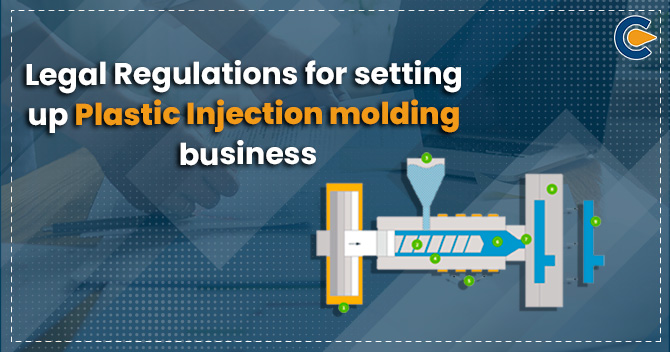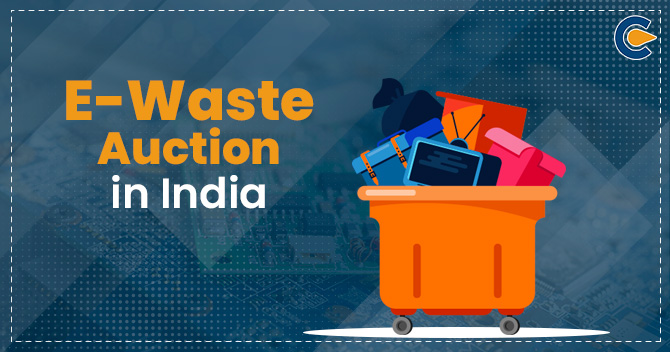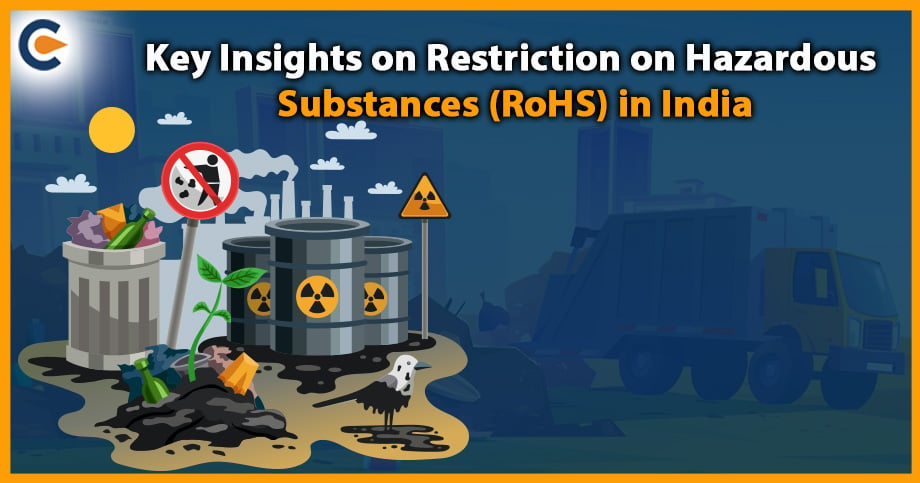India has seen a surge in demand in the plastic industries over the period of last 20 years. According to recent reports, the per capita consumption of India is 11 kg as compared to 28 kg of the world. As if now, the plastic manufacturing industry comprises over 30,000 units which are involved in producing various types of items. Plastic Injection moulding businesses are involved in the production of various products, including Automobiles, Household products, Electrical appliances and plastic furniture etc.
The main plastic processing technology in India includes Plastic Injection moulding business, which constitutes 58% of the market; extrusion, which includes 30% of the market; blow Moulding, which comprises 10% of the market and others, which is 2% of the market.
The plastic market in India has now developed to dominate the market consisting of 30.000 firms with employees of 4 million, making India one of the top exporters of the plastic products exporting to around 150 countries. The exported plastic products may include raw materials, electronic accessories, consumer goods, laminates and medical ware. If we look at statistics over the last five years, the industry has grown by 13% annually.
Injection Plastic Moulding
Injection Plastic moulding is the manufacturing procedure where the molten material is injected into the mould. The injection plastic moulding business is a material processing unit which serves as a secondary process that takes raw material, in this case, plastic and moulds it to create end products of other appliances.
The process involves the conversion of plastic moulding compound into a liquid form and then injecting the liquid into the mould where it is given time to cool down, forming a solid moulding of the shape of the mould in which the liquid was poured. The step involving melting is known as “pre-participation”. The injection moulding machine includes hydraulic, electrical, mechanical and other technologies which require a lot of maintenance for optimum performance, longevity and improved durability of machines.
Market Overview of Injection Plastic Moulding Business
The Injection plastic moulding business is predicted to exceed by 2027 over 385 billion US Dollars worldwide, with the estimated growth of CACG at over 4.5% from 2021 to 2027. These staggering numbers are the result of the shifting of consumer preference towards better quality and high-performance materials.
Construction companies use the Injection plastic moulding to replace various metals, alloys and other materials in order to improve insulation, cost-effectiveness, UV protection and weight; apart from this these, injection plastic moulding is also used to manufacture a variety of automotive parts such as covers, consoles, interior parts and headlight housing. The global Injection Plastic Moulding Business for the automotive industry was valued at USD 45 billion in 2020 and is expected to account for USD 65 billion by 2027.
Legal Regulations Overlooking Injection Plastic Moulding Business
Although profitable, the injection plastic moulding business, produces certain harmful and hazardous waste that may cause serious harm to the environment. Therefore, the business owners are required to follow a number of regulations, and implications for registration, licenses, approvals, consent orders etc., especially under the Environment Protection Act, 1986 and Plastic Waste (Management and Handling) Rule 2011.
Registration of Company
Before complying with environmental legislation, the business owner has to secure registration for establishing a company under either the companies act, 2013, Partnership Act, 1932 or LLP Act, 2008, for which manufacturers have to comply with the following regulations;
- Financial Disclosure
- Appointing top officials
- Management
- Drafting agreement with the third party
- Annual filing of return
Suppose the manufacturer is setting up a factory. In that case, he/she needs to acquire a Factory license, which is permitted by the Chief Inspector of Labour Commissioner Organisation after the inspection of the unit as stipulated under Factories ACT, 1948. Furthermore, after the license is granted manufacturer is required to provide production understating.
Consent to Establish and Consent to Operate
Consent forms are directed by Air and Water Act for the industries where the PI is higher than 20, therefore, making it mandatory for Injection Plastic Moulding businesses. These Consent certificates are granted by the State Pollution Control Board of the corresponding states. The Certificate to establish is granted before the industry is established where the land, parameter, Waste production etc., are looked into. On the other hand, a Certificate to operate is granted after the industry is established and is now ready for production.
Consent under Plastic Waste Management Rules, 2016
Plastic Waste Management Rules, 2016 make it mandatory for PIBO, that is, any producers, Importers and brand owners, to acquire consent which also includes Injection Plastic Moulding Business which is required to authentication from the state pollution Control Board by filling Form III, which contain details relating to:-
- Unit’s name and address
- Registration number, if any
- The overall cost of the production process
- Years of commencement of production
- Plant production facility
This Application is required to be accompanied by documents
- Valid consent certificate under Air and Water Act
- Document conferred by ULB/ respective state authority
- Agreement of PIBO/WMA with the certified plastic waste processor
- Document relating to EPR Action Plan
EPR
Extended producer responsibility holds Injection Plastic moulding business owners accountable for the environmental damage caused due to their product or any process of production. It encourages manufacturers to build sustainable products which are resource-efficient.
The Plastic Waste Management Act regulates EPR Action Plan for plastic waste management is to be submitted by producers/Importers or brand owners who are operative in more than two states in order to acquire consent from the central pollution control board. It is required for producers/Importers or brand owners of injection plastic moulding business to meet the extended producers’ responsibility in all the States/Union territories where they are planning to sell their products. As if after 2019, the Central Pollution Control Board[1] drafted a format for an extended producers’ responsibility action plan that is mandated for obtaining registration under the provisions of Plastic waste management rules as per Annexure 1.
The EPR goal is equivalent to the amount of Injection plastic moulding launched by them in the market in a particular state or union territory.
Conclusion
The injection plastic moulding business is expected to dominate the market in the near future. Still, it is very important for producers to adhere to the stipulated laws and EPR codes in order to avoid complications in the future.
Read Our Article:EPR Action Plan for Plastic Waste: Explained











